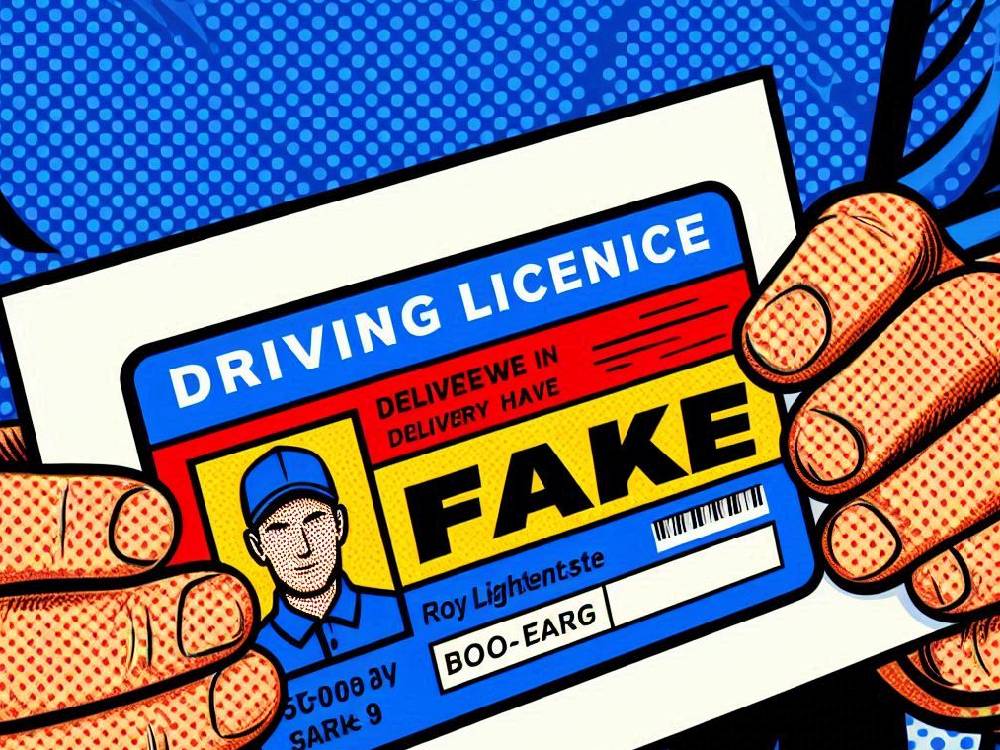A delivery driver used a fake licence to continue working despite being disqualified from driving.
This case highlights the serious consequences of non-compliance with legal obligations as a driver.
Moreover, this case has far-reaching implications for the insurance industry.
Additionally, it raises questions about the potential risks and liabilities involved in hiring drivers with false documents.
Risks And Liabilities Involved In Hiring Drivers With False Documents
Consequently, employers who hire drivers with false documents can face legal penalties and reputational damage.
If an accident occurs involving a driver with a fake licence, the employer might face liability for any damages or injuries caused.
Employers must conduct proper background checks.
If they knowingly hire a driver with a fake licence, they could face criminal charges.
Undermining Public Safety On The Roads
Insurance companies rely on accurate and truthful information when assessing risks and setting premiums.
The use of fake licences or identity documents can lead to incorrect risk assessments.
This would result in higher premiums for all policyholders.
Implications For The Insurance Industry
Insurance fraud represents a significant problem in the industry.
Specifically, the use of fake licenses is just one example of the many ways in which fraud can occur.
Insurance companies are increasingly investing in technology and data analytics to detect and prevent fraud, but it remains a significant challenge.
The delivery driver’s case highlights the need for stronger enforcement measures to prevent the use of fake documents and ensure that drivers comply with legal obligations.
It also underscores the importance of employers conducting proper background checks and verifying the authenticity of documents before hiring drivers.
Conclusion
Consequently, employers who hire drivers with false documents can face legal penalties and reputational damage.
As a result, insurance companies may be forced to raise premiums to cover the increased risk of fraud.
Therefore, it is essential that all drivers understand the importance of complying with the law and taking responsibility for their actions on the road.
Similarly, employers must ensure they conduct thorough background checks.
This would avoid hiring drivers with false documents, which could put their business and the public at risk.






